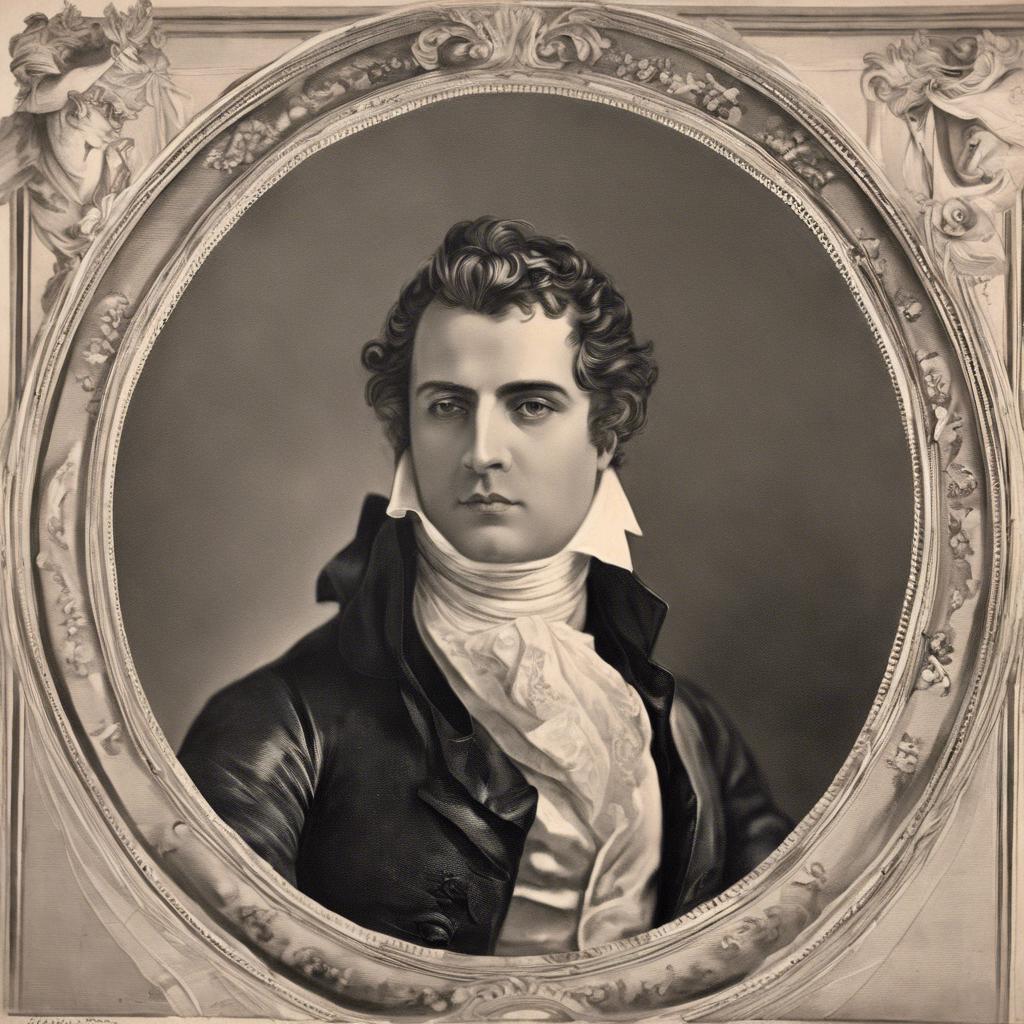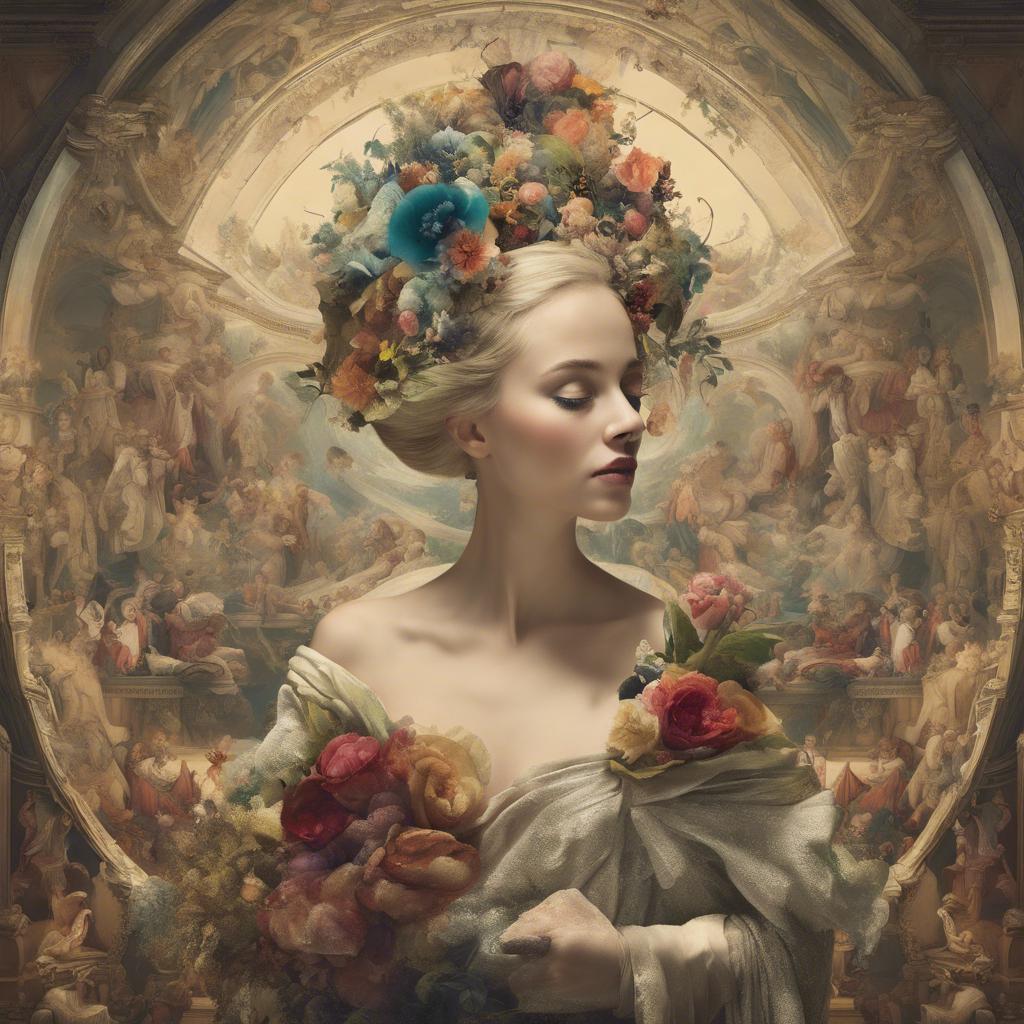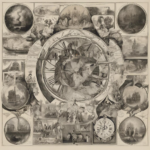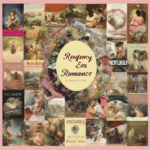During the Regency era in England, the art of opera reached new heights of popularity and innovation. Opera singers of this time period captivated audiences with their powerful voices, dramatic performances, and elaborate costumes. These talented individuals not only entertained the aristocracy in grand theaters, but also played a significant role in shaping the cultural landscape of the time. Join us as we delve into the world of Regency era opera singers and explore their enduring legacy in the history of music.
Step Into the World of Cheryl Bolen
Dive into the enchanting stories of love, intrigue, and elegance set in the Regency Era. Cheryl Bolen's novels offer timeless romance and captivating tales that will leave you wanting more.
Explore Cheryl Bolen's Books Now
Famous Opera Singers of the Regency Era
The Regency Era was a time of great cultural vibrancy, especially in the world of opera. Many talented singers graced the stages of Europe during this period, leaving a lasting impact on the art form. Here are a few of the most :
- Angelica Catalani: Known for her powerful voice and dramatic stage presence, Catalani was a highly acclaimed soprano during the early 19th century. She performed in major opera houses across Europe, captivating audiences with her stunning performances.
- Giuditta Pasta: An Italian mezzo-soprano, Pasta was celebrated for her expressive singing and acting abilities. She was particularly renowned for her interpretations of tragic heroines in works by composers such as Rossini and Bellini.
- Giovanni Battista Rubini: A leading tenor of his time, Rubini was known for his exquisite technique and emotional depth in his performances. He was a favorite of composers like Donizetti and Bellini, who wrote many roles specifically for him.
These opera singers of the Regency Era set the stage for the development of the art form in the 19th century and beyond. Their talent, dedication, and artistry continue to inspire opera lovers around the world to this day.
The Influence of Italian Opera on Regency Era Singers
Italian opera had a profound influence on Regency era singers, shaping their style and repertoire in significant ways. During this period, Italian opera was highly popular and influential throughout Europe, with composers like Rossini, Donizetti, and Bellini creating masterpieces that captured the hearts of audiences and singers alike.
Regency era singers who were trained in the Italian operatic tradition were known for their virtuosic vocal abilities, dramatic expression, and emotional intensity. They often performed arias and duets from Italian operas, showcasing their vocal agility and range. Singers such as Angelica Catalani, Giuditta Pasta, and Maria Malibran were celebrated for their performances of Italian opera repertoire during the Regency era.
Italian opera also influenced the development of vocal techniques and performance practices among Regency era singers. Singers studied the bel canto style, which emphasized the beauty and flexibility of the voice, as well as the expressive use of ornamentation and dynamic range. This attention to vocal technique and expression helped to shape the performances of Regency era singers and contributed to the lasting legacy of Italian opera on the world of classical music.
Training and Technique of Regency Era Opera Singers
During the Regency Era, opera singers underwent rigorous training to develop their vocal abilities and stage presence. The training of these singers was highly specialized and focused on specific techniques to ensure their success on the operatic stage.
One of the key aspects of training for Regency Era opera singers was the development of their vocal range and control. Singers were taught to project their voices without the aid of microphones, relying solely on their own natural abilities. Vocal exercises and scales were practiced regularly to strengthen the voice and increase its flexibility.
Additionally, opera singers during this time period were trained in the art of dramatic performance. They studied acting techniques and worked closely with acting coaches to perfect their stage presence and emotional expression. This combination of vocal and theatrical training was essential for opera singers to captivate audiences and convey the emotions of the music effectively.
Must-Listen Performances by Regency Era Opera Singers
Angelica Catalani
Angelica Catalani was a renowned Italian soprano known for her powerful voice and impressive range. Her must-listen performances include the aria ”Casta Diva” from Bellini’s opera Norma and “Caro Nome” from Verdi’s Rigoletto. Catalani’s emotional delivery and technical skill made her a favorite among audiences during the Regency Era.
Giovanni Battista Rubini
Giovanni Battista Rubini was a leading Italian tenor of the early 19th century, famous for his high notes and expressive singing style. His must-listen performances include the aria “Una Furtiva Lagrima” from Donizetti’s opera L’elisir d’amore and “Di Quella Pira” from Verdi’s Il Trovatore. Rubini’s performances captivated audiences and solidified his reputation as one of the greatest opera singers of his time.
Giuditta Pasta
Giuditta Pasta was an Italian soprano known for her dramatic interpretations and emotional depth in her performances. Her must-listen performances include the title role in Bellini’s opera Norma and the character of Leonore in Beethoven’s opera Fidelio. Pasta’s powerful voice and compelling stage presence made her a standout performer in the Regency Era opera scene.
Future Outlook
the regency era was a time of great innovation and talent in the world of opera. The opera singers of this period truly left a lasting legacy through their exceptional performances and contributions to the art form. Their voices echoed through the grand theaters of the time, capturing the hearts and minds of audiences across Europe. As we look back on their achievements, we can appreciate the dedication and skill that these singers brought to the stage, setting the stage for the future of opera. Their impact continues to be felt to this day, as their influence lives on in the opera world. Let us remember and celebrate the remarkable talents of the regency era opera singers, who helped shape the history of this beloved art form.


